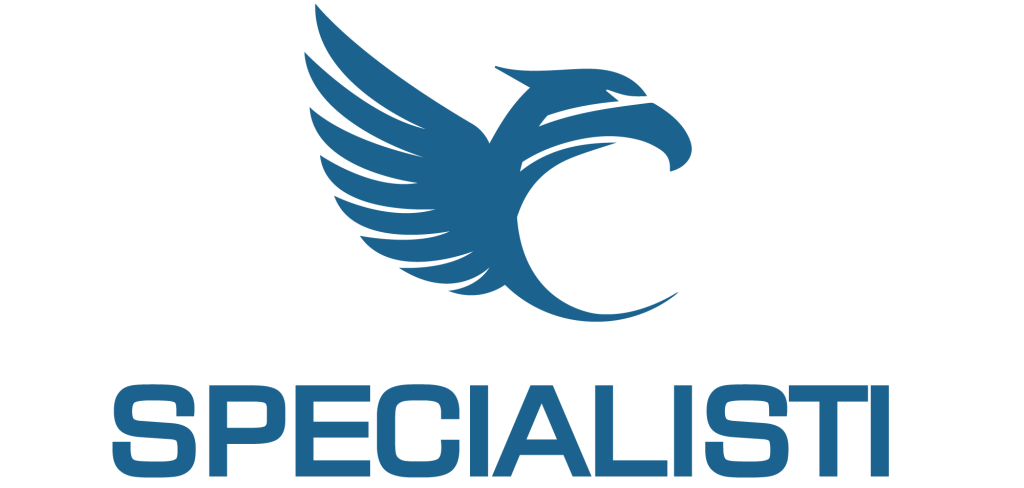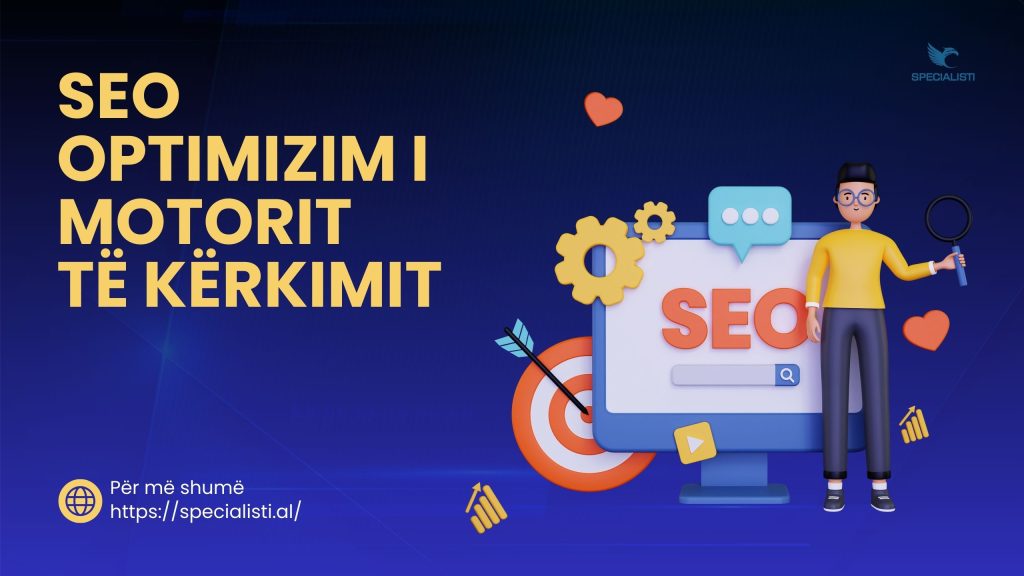SEO
SEO stands for search engine optimization. SEO practitioners optimize websites and content to achieve higher rankings on search engines like Google. SEO is a set of practices designed to improve the appearance, positioning and usefulness of various types of content in organic search results. This content can include websites, videos, images, local business listings, and other assets. Since organic search is the primary method through which people discover and access content online, utilizing best SEO practices is essential to ensure that the digital content you publish can be found and selected by the audience, thereby increasing the organic traffic to your website.
Definition of SEO
SEO, or Search Engine Optimization, is the art and science of optimizing a website to improve its visibility on major search engines like Google and Bing. This process involves a variety of techniques and strategies aimed at enhancing both the quality and quantity of traffic to a website through organic search engine results.
A professional dedicated to this practice is known as an "SEO specialist," an expert who provides advice and strategies to improve and develop a business's online presence.
The importance it has for a company
Visibility in search results is directly proportional to the likelihood that a page will be visited. Therefore, the main goal of SEO is to attract a quality audience, which can turn into customers, loyal readers, or simply repeat visitors.
Unlike what some may think, SEO is not just a search engine strategy; it is user-focused. In fact, the main goal is to improve the user experience. This is done by making content more relevant and easily accessible. In this context, search engines act as a bridge between the user and the content, facilitating the discovery of relevant information.
Differentiation between SEO, SEM and SEA
While SEO focuses on organic search, SEM combines SEO and SEA (Search Engine Advertising). SEM involves purchasing advertising space in search results based on specific keyword models. This mechanism is known as PPC (pay-per-click).
It is essential to understand that SEO and SEA are complementary and should not be seen as conflicting. Both strategies, when used correctly, can lead to optimal results in terms of visibility and conversion.
Therefore, it is important not to confuse SEO with SEA (an acronym for search engine ads), which improves the positioning of a page through paid activities.
Focus
SEO is the backbone of an integrated marketing strategy. Understanding the needs and goals of users allows you to create targeted content and optimize interaction. A website that is well-positioned in search results is often perceived as authoritative and trustworthy.
Data shows the effectiveness of SEO. Organic search represents a significant portion of the overall traffic to a website. Furthermore, most online experiences start with a search. Search engine optimization can lead to sustainable results over time, unlike other strategies that depend on advertising budgets.
What is SEO consulting for?
Any business that needs to sell its services online or in the real world must gain visibility. There are many tools available, and based on a marketing and communication strategy, these channels are integrated with each other.
Among the various tools available, we find search engines. For this reason, the main objective of SEO consulting is to improve the ranking on search engines.
Why is it important to improve your search engine ranking?
During the stages of purchasing a product or service, consumers follow a path. The search engine ranking that will be achieved over time through continuous consulting activities will increase the chances of tracking user searches.




